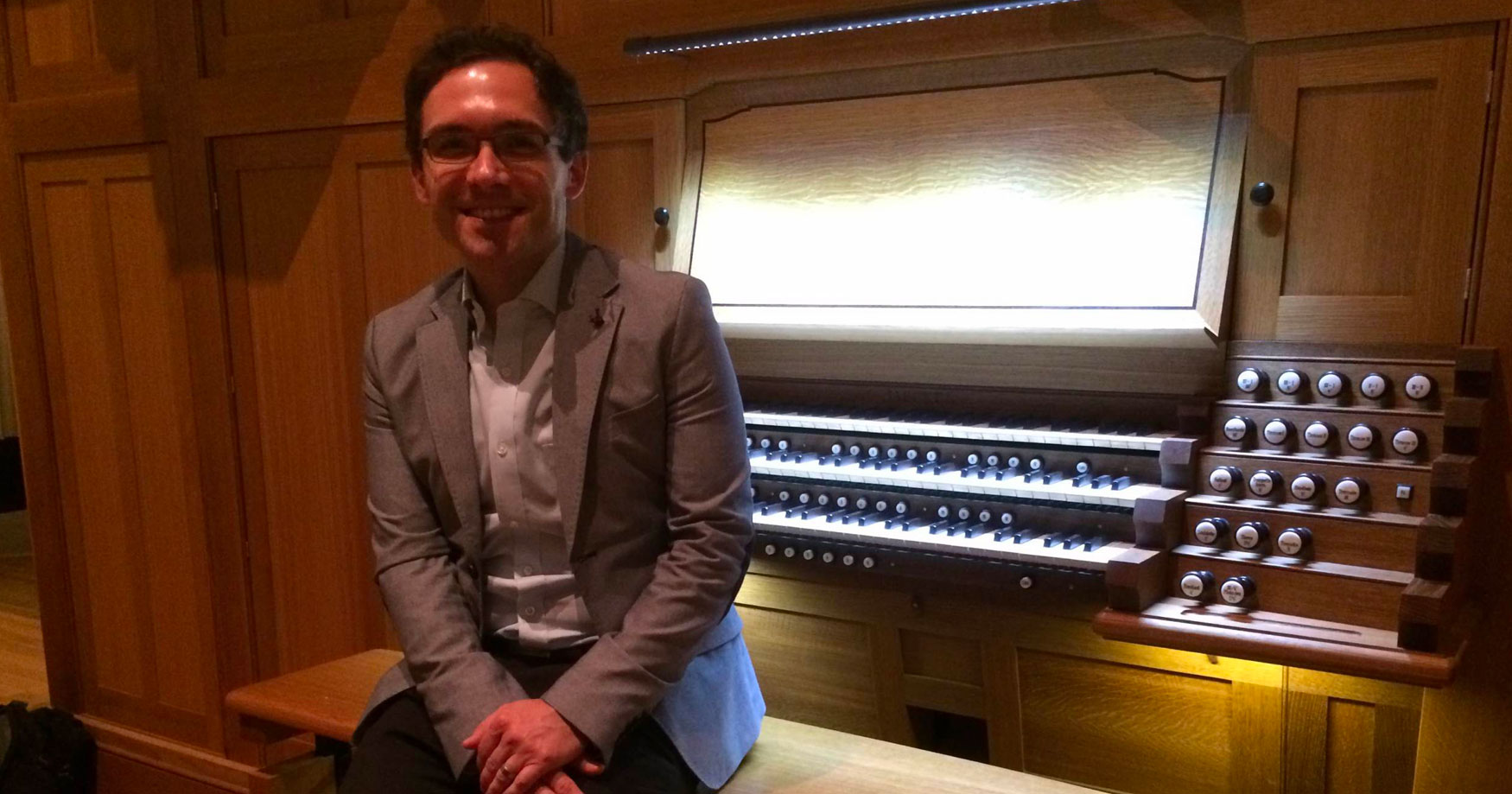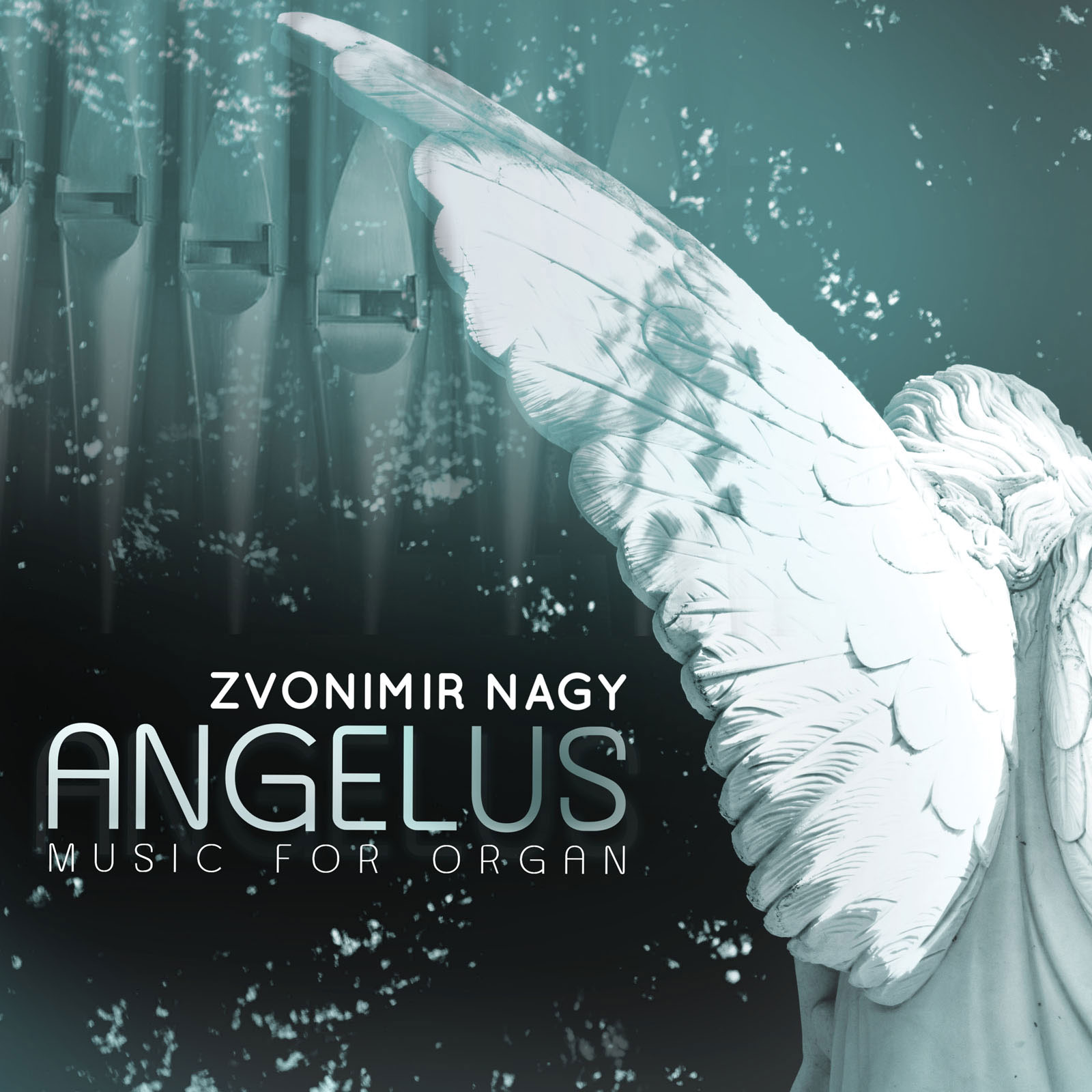
Zvonimir Nagy is a Croatian-born, American composer, performer, and music scholar based in Pittsburgh, Pennsylvania. He earned a Doctor of Music degree in composition from Northwestern University, and also studied music at Texas Christian University and at the Academy of Music in Zagreb, Croatia. He studied composition with Jay Alan Yim, Augusta Read Thomas, Tristan Murail, and Marko Ruždjak, and organ with H. Joseph Butler. His creative and research work extends into interdisciplinary contexts and perspectives on music and embodiment, forging connections between psychology, philosophy, spirituality, and the arts. As organist, he has received the second prize in César Franck/Olivier Messiaen International Organ Comptition in Haarlem, the Netherlands.
Nagy is the recipient of composition awards and grants such as The Pittsburgh Foundation and The Heinz Endowments Investing in Professional Artists Grant, the Paluse Research Grant and the Presidential Scholarship Award from Duquesne University, the Seattle Symphony Composition Prize, the Iron Composer Award, the Swan Prize in Music Composition from the University of Minnesota, the Karlins Award from Northwestern University, and the Croatian Music Institute Award. A selection of his instrumental music is published by Aldebaran Editions (Italy), Musik Fabrik Edition (France), and choral and organ works are available at Paraclete Press and World Library Publications. His music is also available at MSR Records and Albany Records.
Nagy is Associate Professor of Music at Duquesne University in Pittsburgh, Pennsylvania.
Albums
Angelus
Catalog Number: RR7987


